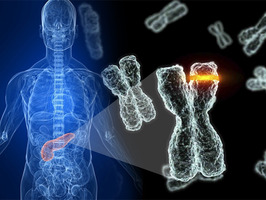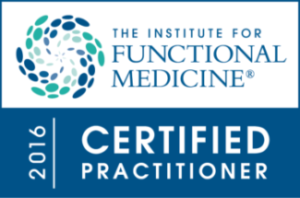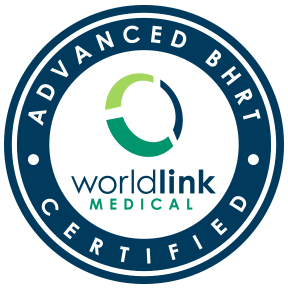Are your pharmaceutical medications making you sick, or worse yet, slowly killing you? That is no exaggeration. Pharmaceutical medications can be toxic to certain individuals. Are you one of them?
Pharmacogenetic testing is a revolutionary way of using your genetic makeup to help predict the medications that will work best for you. By combining scientific evidence and state-of-the-art DNA analysis technology, best practices for prescribing pharmaceutical medications can now be determined, and thus make the difference between suffering needlessly and prolonging pain and suffering or living a life of vitality.
Why Should You be Tested?
Medication sensitivity testing is the cornerstone of personalized medicine. Determining how well you metabolize medication raises chances of a positive outcome and reduces possible adverse drug on drug interactions. Personalized medicine conveys a blueprint to how your body’s unique molecular characteristics and distinctions allow it to process medication. Your healthcare provider can now have the data necessary to custom tailor a medication management protocol whereby the current/future adjustments and medication alternatives best for you, can be selected.
The Science
Pharmacogenomics is the study of how genes affect a person’s response to drugs. This relatively new field combines pharmacology (the science of drugs) and genomics (the study of genes and their functions) to develop effective, safe medications and doses that will be tailored to a person’s genetic makeup.
Many drugs that are currently available are “one size fits all,” but they don’t work the same way for everyone. It can be difficult to predict who will benefit from a medication, who will not respond at all, and who will experience negative side effects (called adverse drug reactions). Adverse drug reactions are a significant cause of hospitalizations and deaths in the United States.
With the knowledge gained from the Human Genome Project, researchers are learning how inherited differences in genes affect the body’s response to medications. These genetic differences will be used to predict whether a medication will be effective for a particular person and to help prevent adverse drug reactions.
Right Medication, Right Dose, Decreased Side Effects
Every patient is different
Each person responds differently to prescription medications. Approximately 50% of the U.S. population have gene mutations that alter the rate at which they metabolize drugs. It is estimated that a least 70% of people have a variation in at least one of the principal CYP450 enzymes responsible for metabolizing drugs. Genetics can account for up to 95% of variability in drug disposition and up to 40-60% of adverse drug reactions.
Pharmacogenetic testing allows your healthcare provider to deliver a comprehensive report to help manage your medications based on your personal genetic makeup. Choosing medications that are best suited for you, rather than experimenting with medications which could result in negative side effects or drug on drug interactions.
Currently in healthcare provider offices all over the world, patients are given medications that either don’t work or have severe side effects. Often, a patient must return to their healthcare provider over and over again until the doctor can find a drug that is right for them. Pharmacogenetic testing offers a very appealing alternative.
Imagine a day when you go into your healthcare provider’s office and, after a simple and rapid saliva test of your DNA, your healthcare provider changes her/his mind about a drug considered for you because your genetic test indicates that you could suffer a severe negative reaction to the medication. However, upon further examination of your test results, your healthcare provider finds that you would benefit greatly from a new drug on the market, and that there would be little likelihood that you would react negatively to it.
This day has come.
There is no need to suffer any longer! NO NEEDLE STICKS. A simple cheek swab is all that is needed! Schedule an appointment to get started.

References: Advanced Genomics








